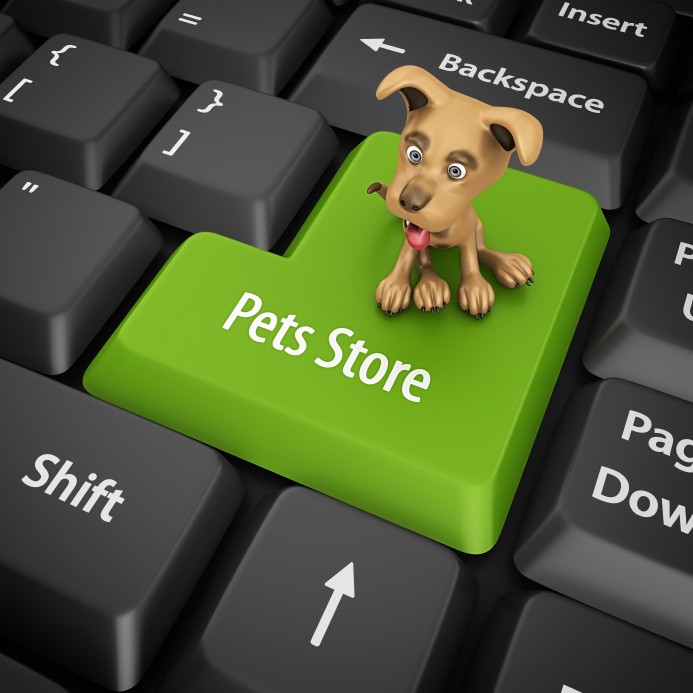I gave a lovely Clinical Coach training course this week. It’s always lovely to welcome new CCs to the fold and, to add to the good feeling, there were three ex-students on the course, all freshly qualified and ready to train others – I was bursting with pride!

I demonstrated our college’s virtual learning environment (VLE) as a good resource for them to access and to aid student support. As multiple choice questions (MCQs) still feature in SVN exams I showed them VetLogic which is accessible via our VLE.
As it was the end of the day we had some fun with a few multiple choice questions, and I chose an area I am not proficient in: breeding and parturition.
How to…
My background as a charity nurse and rescue animal owner means I am anti-breeding – and while I understand we need to source our pets from somewhere, the current bias towards buying the small pedigree cute ones means the equally fun, but larger crossbreeds (both cats and dogs) are over-represented in rehoming centres, rescue websites and those awful free ads on Gumtree/Craigslist.
…and pet shops still exist. So, where should we buy our pets?
I’ve been lucky enough to have many just arrive through working in a veterinary practice – but where do you get them if you aren’t seeing the needy ones at work?
Having attempted to adopt a rescue dog through conventional means, I discovered that wasn’t ideal. Registering at and visiting 4 or 5 rescue centres each week, and calling every 2-3 days to check if anything has arrived is not practical. Many also expect you to be on call 24/7 to turn up at a moment’s notice see a potential new pet.
Impulse buy
But impulse buying lends itself to a pet from a dubious source, and I agree with the need to remove puppy and kitten farms as they are a serious welfare issue.
 Pup Aid, with Marc Abraham at the helm, has created a campaign to inform owners. The #wheresmum initiative encourages people to avoid impulse buys and ask to see the litter at home with mummy dog, rather than buy online/get shipped/meet at a petrol station on the motorway.
Pup Aid, with Marc Abraham at the helm, has created a campaign to inform owners. The #wheresmum initiative encourages people to avoid impulse buys and ask to see the litter at home with mummy dog, rather than buy online/get shipped/meet at a petrol station on the motorway.
But sometimes even “good breeders” from a reputable source are no guarantee of anything other than a paper trail of how it was bred.
Education of the client before purchase is equally as important, yet few potential clients use the vets to advise on new pets, either the type or where to get them (about 4%, I’ve read).
On my Twitter account @JaneRVN (#planetrvn) I have have discussed the idea of changing the usual puppy parties to pre-pet parties, where new owners and prospective owners can meet and share their experiences of hunting and finding the right pet – sharing the journey to the right pet.
Taking on a pet deserves a long term plan, and we should encourage clients to take as long over the decision as they like. Their new pet will be with them for their whole life, so make it a good one.

Leave a Reply